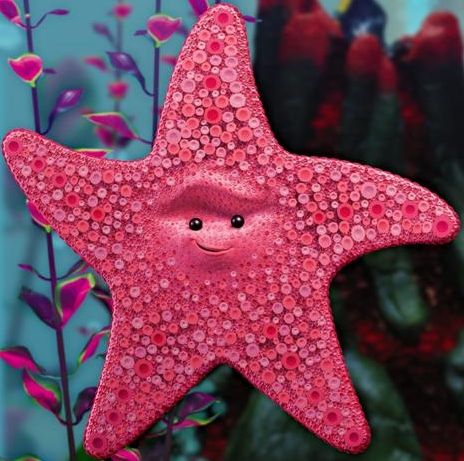Elena Shippey
Professor Jesse Miller
English 110-G
17 April 2019
Consider the Human Lifespan
How can we openly discuss the death and suffering of others if we cannot face our own mortality? This is a question the western world has wrestled with for centuries, specifically the United States. In America, billions of animals are tortured and sacrificed every year for scientific research, makeup testing, furs and livestock. Although the commercial use of animals is widespread, the subject remains touchy in American culture and is avoided as much as possible. Why do we struggle to openly discuss these ideas?
The avoidance of suffering and death is rooted in the resistance to recognize human mortality. When a person dies, responsibility usually is handed over to the mortician to prepare the body for a funeral or cremation; rarely is the family directly involved in the aftermath processes of death. Although it may be easier to push the subject away, refusing to acknowledge death can become problematic. Non acceptance of human death disconnects us from empathizing with other animals when they die. This lack of empathy makes it difficult to recognize the indignity in our ambiguous actions towards animals in America.
While many prefer to change the subject, writer David Foster Wallace refused to ignore the controversial treatment of animals. In his piece, “Consider the Lobster,” Wallace questions the ethics of traditional lobster preparation after attending the Maine Lobster Festival. After establishing his internal discord, he closes with “there are limits to what even interested persons can ask of each other” (Wallace 510). Although Wallace may have been speaking logistically, people are technically limited as far as they choose to limit themselves. With the wealth of the universe online, one can find articles on the mistreatment of animals, or the conceptualization of human death. Whether the person decides to explore the information or ignore it is where the line of limitation is drawn. By exposing ourselves to the concept of death and coming to terms with mortality, we may be able to better understand the death of other animals, including those which we cause. With greater awareness of the pain we inflict on other animals, we may recognize the indignity of these actions which may lead us to asses (or reassess) our morals. This may guide us towards living with a higher standard of morality.
The information a person is willing to expose themselves to reflects their value system. Many Americans are incredibly sheltered; this nature comes from the common characteristic of selective knowledge. Based on what I have observed, people choose to know what they wish to know and neglect the knowledge that makes them uncomfortable. The human brain is so manipulative that people can convince themselves what is true and carry their lives out based on these “truths”. In writer Hal Herzog’s “Animals Like Us” one woman successfully convinces herself that fish are not animals to eliminate feeling remorseful when eating them. “This intuitive biological classification system enabled Judith… to think of herself as a vegetarian, yet still experience the joys of smoked Copper River salmon and lemon-grilled swordfish” (Herzog 1). Judith redefines the term “animal” to feel better about consuming them. Just because we can avoid certain truths, or twist them to align with our beliefs, does not mean we should. We are more willing to undergo self-manipulation than face the truth of our values and actions. This dangerous contortion of our perception of reality can make it difficult to decipher the truth. If we can confidently call ourselves vegetarians when we clearly are not, who knows what else we can convince ourselves is acceptable?
